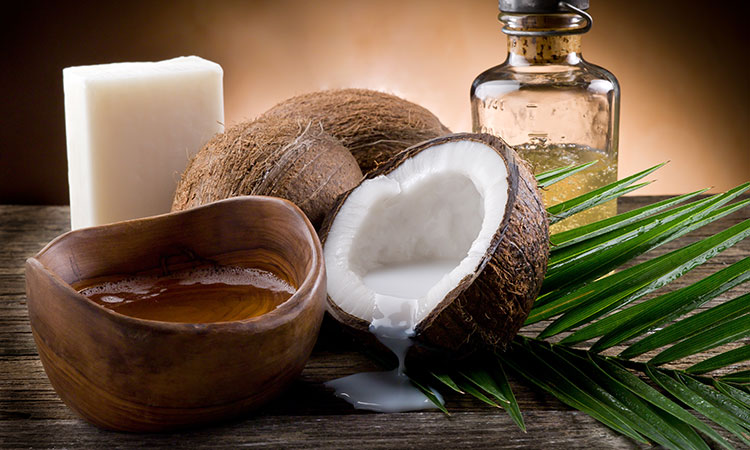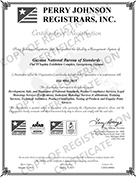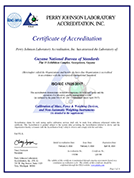Coconut oil has always been a common product in many Guyanese households. In recent years, its popularity has extremely increased due to its added health benefits, including fat burning, antimicrobial effects, and the raising of HDL (good) cholesterol. However, did you know that there is a national standard, which provides specifications for this commodity?
The National Standard Specification for coconut oil (GYS 54:1996) was developed by the Guyana National Bureau of Standards (GNBS) to offer guidance on the production of coconut oil with consistent quality. The document provides requirements and methods of sampling and test of coconut oil intended for edible and industrial use at the commercial level.
One of the key criteria for producing quality coconut oil is to ensure that the oil is obtained from good quality coconut cake or clean and sound copra.
The standard specifies that the product must be free from rancidity, adulterants, sediment, suspended impurities and separated water. In addition, when tested, the oil shall be free from admixture with other oils or fats and conform to the physical and chemical characteristics outlined in the standard. These characteristics include colour, melting point, moisture specific gravity and the presence of free fatty acids such as lauric acid.
Two types and grades of coconut oil are highlighted in this national standard. Type 1 – Expressed and Type 2 – Solvent extracted. Both types have three grades – refined, semi-refined and crude.
According to the document, coconut oil, which is exposed for sale or is intended for sale should be packed or pre-packaged in accordance with specified legal and other requirements and any contractual agreement between the buyer and seller.
Marking and labelling requirements are also specified for shipping containers, retail and nutrient contents, when applicable. Unless otherwise specified, shipping containers containing coconut oil shall indicate the name, type and grade of product, the quality of each type and the name and address of the consignee. The product should also be labelled with the country of origin, the name and address of the manufacturer, the gross weight of the container and the month and year of packing.
In relation to retail, containers shall be labelled in accordance with the National Standard (GYS 9-9: 2000) “Specification for labelling of commodities- Part 9: Labelling of prepackaged foods.”
In cases where the product is mixed with vitamins or any other essential food constituent, labelling is required if a single serving of the product provides one-sixth of the recommended daily dietary allowance of the named vitamin or other essential food constituents.
Local manufacturers and suppliers of coconut oil are encouraged to acquire a copy of this national standard and to implement the requirements therein to ensure that they consistently produce a quality product for their customers.
For further information, contact the GNBS on telephone numbers: 219-0064-66. Please visit our website: www.gnbsgy.org and like our Facebook page: gnbsgy






